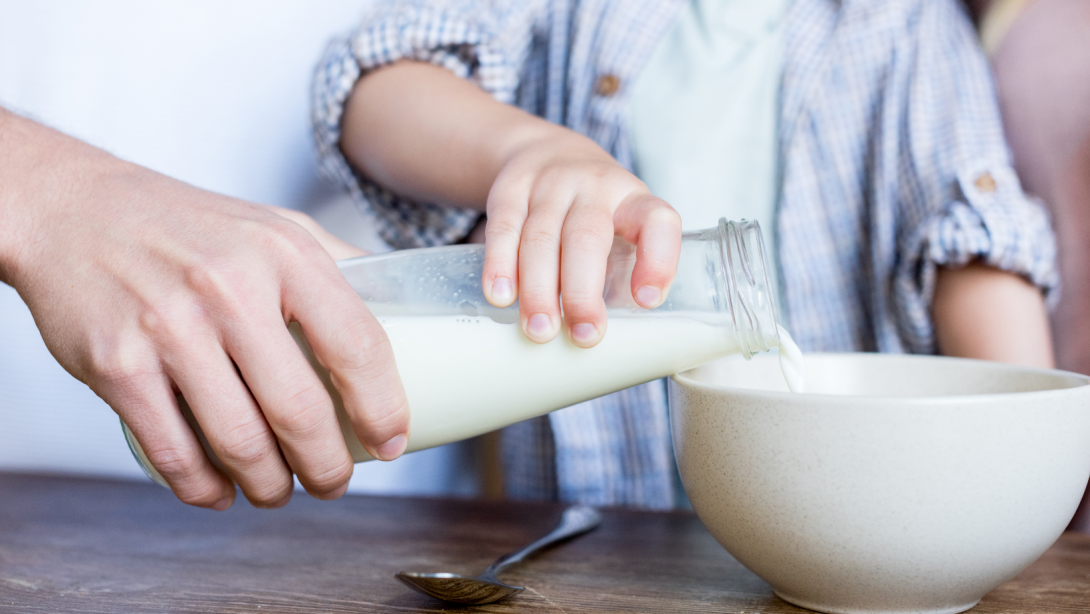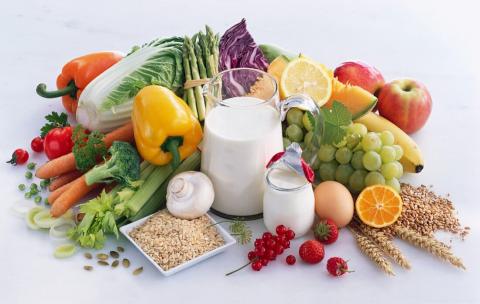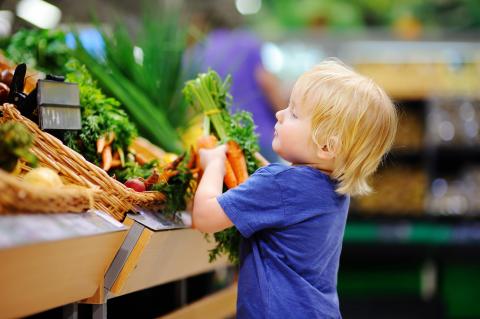09 February 2023
Government set to miss target for increased uptake of Healthy Start

Government set to miss its target for increased uptake of the Healthy Start scheme
Data showing uptake of the Government’s Healthy Start scheme has now been released for December 2022 – the first new data released since March 2022 when the scheme was digitised.
The latest data for England, Wales and Northern Ireland show that uptake of the scheme is at 62%, meaning that 38% of these eligible for the scheme are currently missing out.
Healthy Start is a means-tested scheme for low income pregnant women and young children, providing vitamins and funds which can be used for foods to support basic nutrition, including milk, pulses, fruit and veg and formula milk. It is available to pregnant women aged under 18 and children under 4 years old who are receipt of qualifying benefits.
In a response to an open letter sent to the Under Secretary for Public Health in June 2022 and co-signed by Food Foundation and Sustain, the Department for Health and Social Care committed to achieving uptake of 75% by March 2023 for the scheme. Uptake of the Scottish equivalent of the scheme, Best Start Foods, is currently 77%.
Given that the most recent data published for the scheme (see below) show that current uptake rates are well below where they ought to be, the Government must improve the uptake of the scheme by committing to a clear strategy to meet its own target.
Midwives, health visitors and GPs should be part of the strategy to improve uptake and ensure parents are being signposted to Healthy Start when first seen in pregnancy. Retailers willing to promote the scheme and raise awareness among eligible customers should also play a part.
Figure 1: Children’s Right2Food dashboard, Government programmes. Available here
Uptake data for the scheme had risen steadily from a low of around 50% during initial months of the Covid pandemic to over 60% by August 2021.
Uptake figures then increased during the transition period from paper vouchers to a pre-paid card, likely due to these figures including those who were still receiving paper vouchers as well as those who had successfully applied to the digital card scheme. Recipients of the scheme were required to reapply for the scheme during the digitisation process.
In our recent report looking at importance of diet during preconception, preganacy and early childhood we outlined several recommendations for improving the scheme, including:
- Extending the Healthy Start scheme to all families in receipt of Universal Credit so that more families and children living in poverty can benefit.
- The Department of Health must immediately deliver on their promised consultation to permanently extend Healthy Start to families with no recourse to public funds.
- The Government must increase the allowance amount to reflect inflation rates and commit to reviewing this every six months. Healthy Start was not included in the recent uplift to benefits in line with inflation, despite food prices having increased by 16.8% in the 12 months to December 2022.
- The Government must improve the uptake of the scheme by committing to a £5 million promotional campaign, as recommended in the National Food Strategy, which targets eligible families and the healthcare professionals who work with them, and retailers.
- Uptake and accessibility to the scheme should be improved by ensuring that the digitisation process makes access as easy as possible and by automating registration. The Department for Work and Pensions should amend the Universal Credit application form and online journal, where eligible claimants can consent to their data being used to automatically register for Healthy Start vouchers.
Rebecca Tobi, senior engagement manager for the Food Foundation, said: "While the release of the long-awaited uptake data for Healthy Start is extremely welcome, it is concerning to see that uptake of the scheme remains low.
"We would like to see the Government and NHS Business Services Authority commit to a clear strategy for reaching their own target of 75% by March 2023.
"With the cost of living crisis disproportionately being felt by low income households with children, it has never been more important to make sure that families are able to afford nutritious staples."





